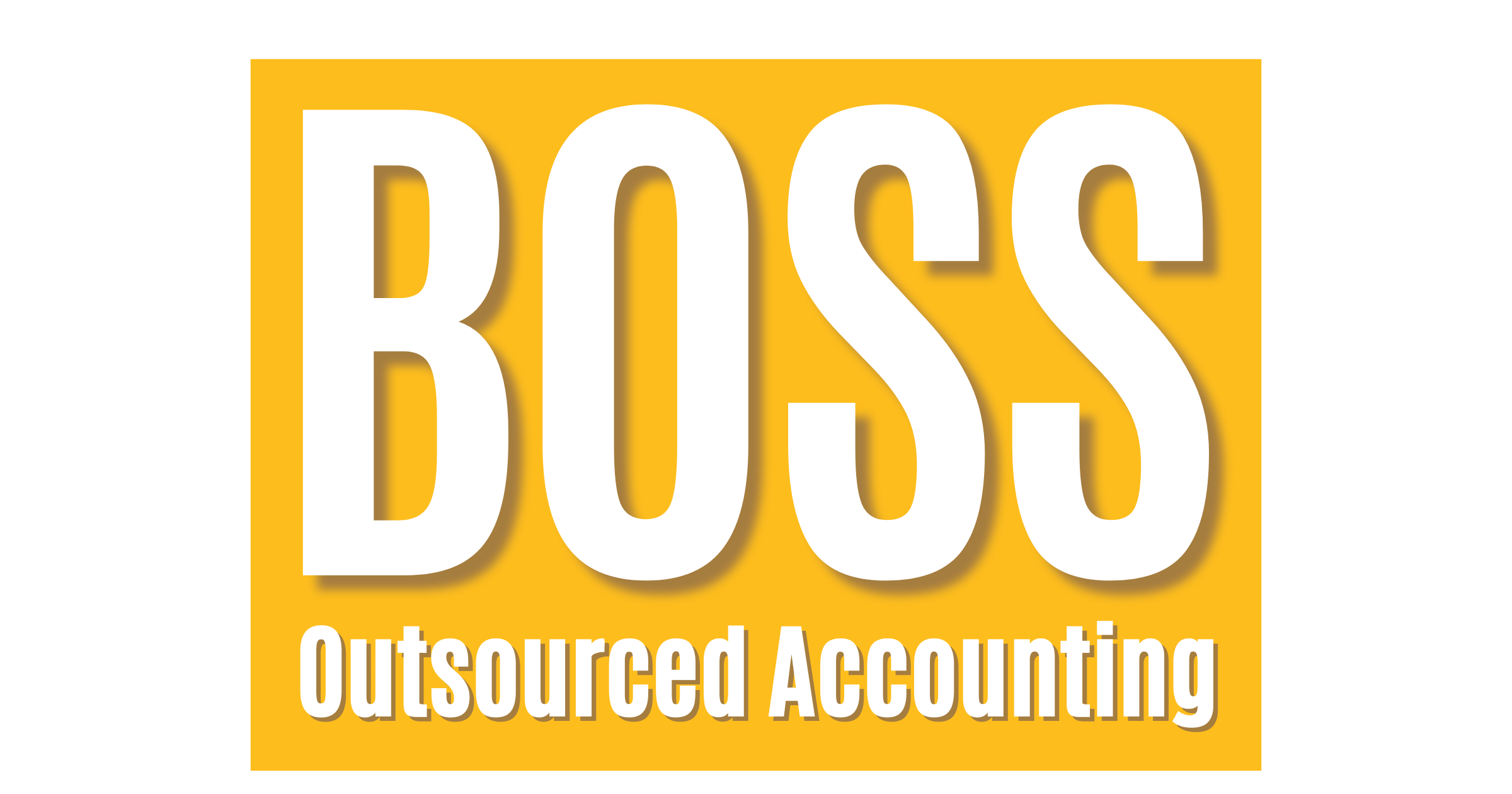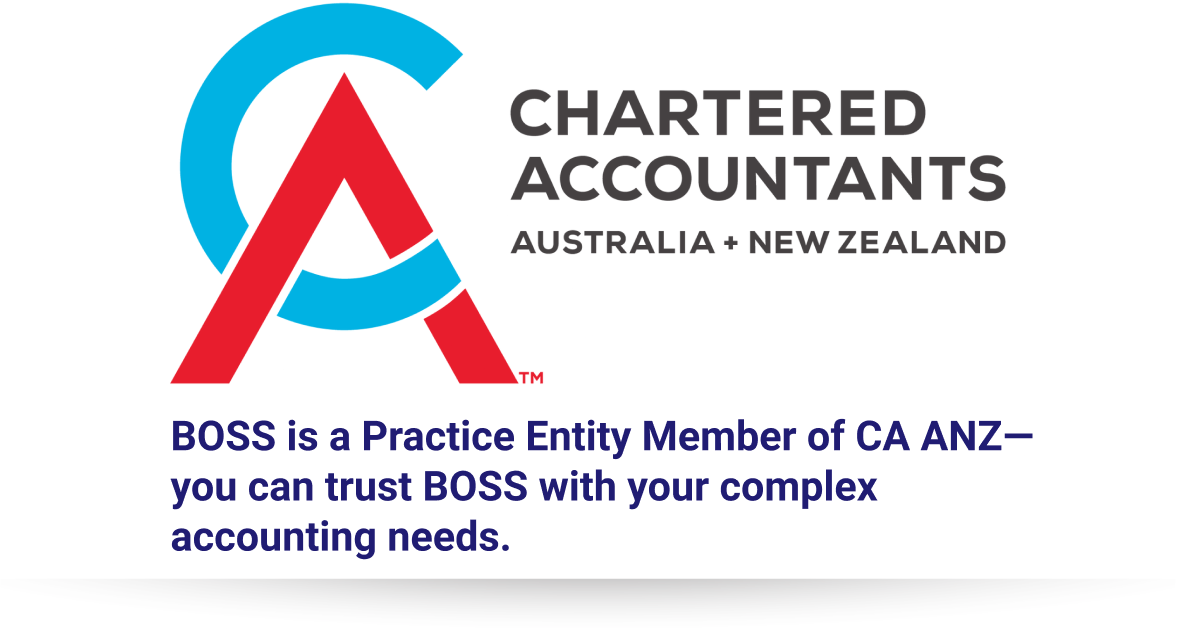Should your establishment persistently encounter challenges, the circumstance may necessitate a comprehensive appraisal of what could possibly be the genesis of complications in emergent business ventures – leadership. The potentiality exists that you may inadvertently serve as an impediment to your organisation’s advancement towards prosperity.
Are you a leader?
Similar to all enterprises, accounting establishments necessitate more than just an ownership role; they require a guiding force leading the operations. How might one ascertain their aptitude for fulfilling such a requirement?
Consider the following – do you perceive your role as steering the company towards achieving operational objectives, actively pursuing desired outcomes? Alternatively, are you predominantly preoccupied with resolving successive issues?
There exists a distinct contrast between these two paradigms. The initial perspective primarily focuses on the construction of desired outcomes. Conversely, the latter viewpoint epitomises a perpetual state of maintenance – it may sustain your current standing but fails to provide avenues for expansion and development.
Should you wish to embrace the initial paradigm, it behoves you to pose a more primordial inquiry – are you certain of what you want?
What is a leader?
Establishing your corporation requires initiating a complex mechanism singularly focused on achieving your desired outcomes. Without clear elucidation of these objectives, it becomes challenging to inspire and engage employees in the pursuit of common goals. Remember, comprehending and communicating your core ambitions is imperative for overall corporate success.
This extends to your customers as well. Why should customers choose your firm over the competition?
If the only advantage you can offer is a reduced cost, this strategy may lead to two significant challenges. Firstly, it could transform your operations into an overwhelming volume-based enterprise that is distracting from long-term goal realisation. Secondly, by not demonstrating a unique selling proposition other than price reduction, your customer base may remain unconvinced of your organisation’s suitability for partnership. As soon as these customers have the financial capability to transition their services towards another supplier in whom they hold higher confidence, there is a substantial risk of losing their business.
Strategies such as offering the lowest prices, promotional sales, or temporary giveaways may yield immediate results. However, these tactics do not foster sustainable customer loyalty and they scarcely motivate employees to uphold faith in your enterprise or business values.
Inspiration over manipulation
Certain corporations garner an intense, enduring support from both their workforce and clientele alike. Examples of such enterprises include the technological giant Apple, Southwest Airlines, a favoured air travel provider in the United States, and the diverse conglomerate that exists under Richard Branson’s Virgin brand. Additional examples surely abound in various sectors around the globe.
Consider the phenomenon of Apple; customers are often compelled to queue overnight to secure their latest smartphone model. The technological upgrades these models present are typically incremental and subtle, yet the associated pricing is decidedly premium. Despite this, consumer demand remains extremely robust – so much so that some enthusiasts may even adopt a defensive stance if their purchasing choices were to be questioned.
We invite you to delve deeper through an enlightening question and answer session. Esteemed marketing expert and internationally recognized best-selling author, Simon Sinek, prompts you to engage in introspection by addressing these three fundamental questions.
The initial inquiry inherently possesses an unequivocal response – what is the core function of your enterprise? Factually stated, your institution offers accounting services. This response is universally echoed amongst businesses in this domain.
The subsequent query forms the crux of your distinctiveness compared to other enterprises: how exactly do you execute your operations? This principally concerns the structure of your workflow, the strategies developed over time to optimally interface with clients, as well as potential utilisation of outsourcing among others.
The third query holds paramount significance, and astoundingly, only a handful are capable of furnishing an answer that would stimulate both their clientele and staff: What is your motivation in conducting your current profession?
This last question is really what separates leaders from mere owners.
Answering the why
Your purpose for establishing a business should extend beyond merely earning an income to meet your expenses; that could be accomplished with less stress by working for someone else. If financial gain is the sole reason, then initiating a venture of your own may not be worth pursuing. Furthermore, prospective clients are unlikely to favour services promoted through advertising that overtly emphasises material profit-seeking.
Rather, your purpose should be deeply personal and intrinsic to your identity. Consider the flaws within the accounting industry – areas where it could improve. Reflect on any instances that induced discontent or frustration, such as witnessing unsatisfactory treatment of particular client groups. Were you at ease with large establishments deliberately withholding information from clients until they decided it was convenient to release? There may even exist a specific category of clients who are significantly underrepresented in this realm; have you identified them? Your convictions and insights translate into your unique contribution to rectify these gaps and challenges.
What do you passionately believe needs to be changed for the better in the accounting industry as a whole? That is your why.
Your why is going to be your draw. If you’re getting frustrated on behalf of a certain section of the accounting client base, you can bet that the client base in question is also frustrated. There is an urgent need for a seasoned professional in the field of accounting to advocate on their behalf.
If you demonstrate a strong commitment to a cause that aligns with your customers’ values, this not only fosters brand loyalty but also helps in building a robust customer following. The financial reward initially mentioned will be the natural outcome of such dedication. You essentially position yourself in the same light as industry leaders like Apple who command immense customer loyalty with their product offerings. Furthermore, this ideology gives your employees an extra incentive to work for you; it instils them with motivation to defend your organisation passionately when necessary.
This is not a transient thought experiment, for your information. Dedicate a few moments at this juncture to ascertain if you are capable of succinctly delineating in one or two sentences the reason behind channelling your efforts, enduring stress and investing significant time and financial resources into establishing your firm.
Building outwards from your why
Having clarified the fundamental question of ‘why’, you can proceed to develop practical workflows. This process entails iteratively addressing previous questions, ultimately leading back to ‘how.’ The nature of your ‘how’ will be directly influenced by your ‘why’. In other words, the methodology employed in delivering your services stems from the very reason that gives birth to your organisation’s existence.
For instance, if the primary objective of your enterprise is to seamlessly provide clients with unimpeded access to their data, then collective endeavours should be geared towards continually innovating methods that facilitate client participation in this process.
Opting for your services instead of those offered by competitors implicates not merely a business determination, but essentially underscores a declaration. It conveys to the broader accounting industry that archaic practices aimed at obfuscation will cease to be acceptable. And they endorse this stance steadfastly by fortifying their commitment as your dedicated customers.
Effective leadership is rooted in a genuine passion for cultivating your business. This foundational motivation not only shapes fundamental operations such as workflows and marketing initiatives, but also impacts the subtler nuances of your enterprise; from social media engagement to remedying client issues, creating compelling branding strategies to fostering employee dedication and contribution. It ultimately establishes an innovative paradigm underpinning all facets of operation within the accounting industry.


